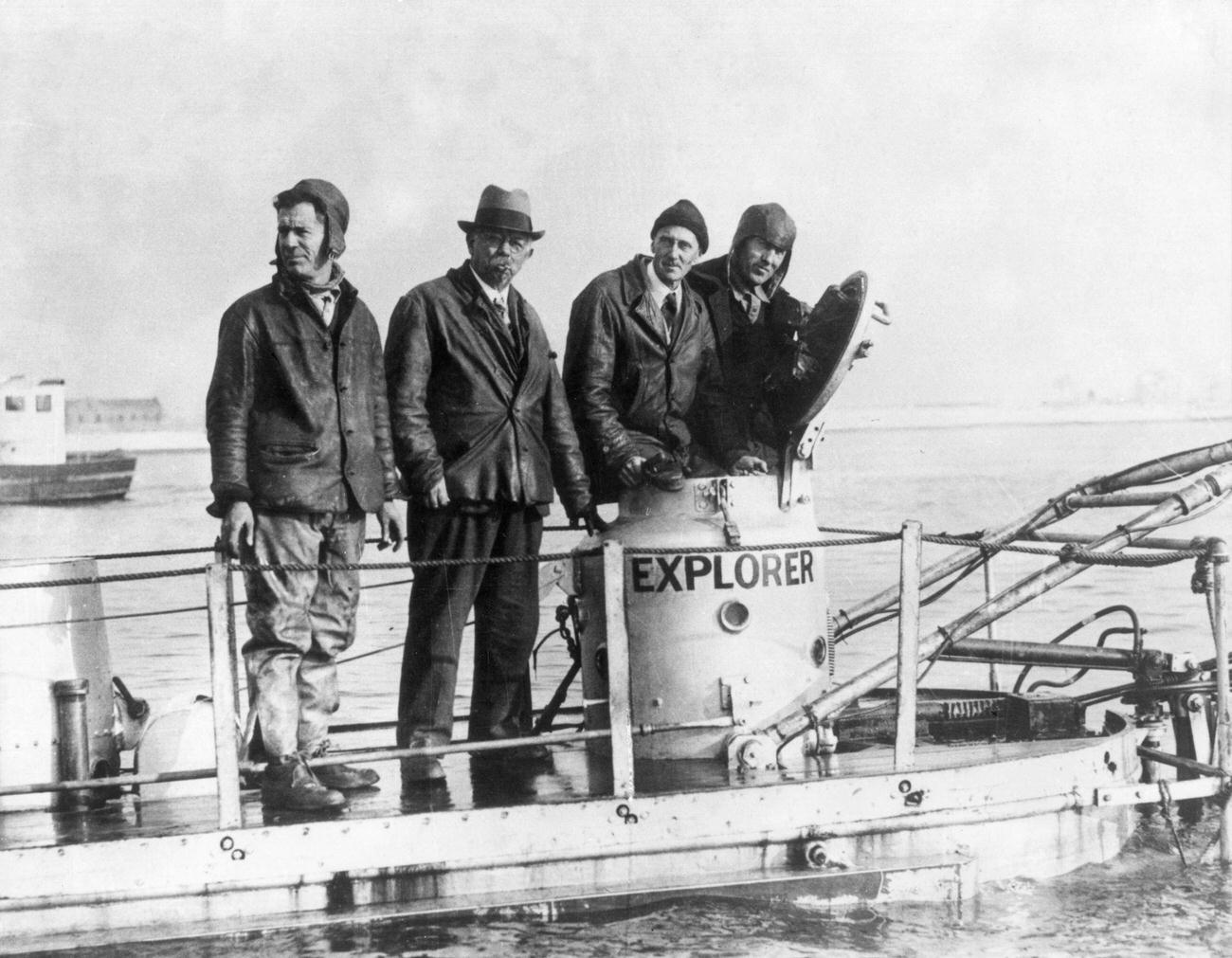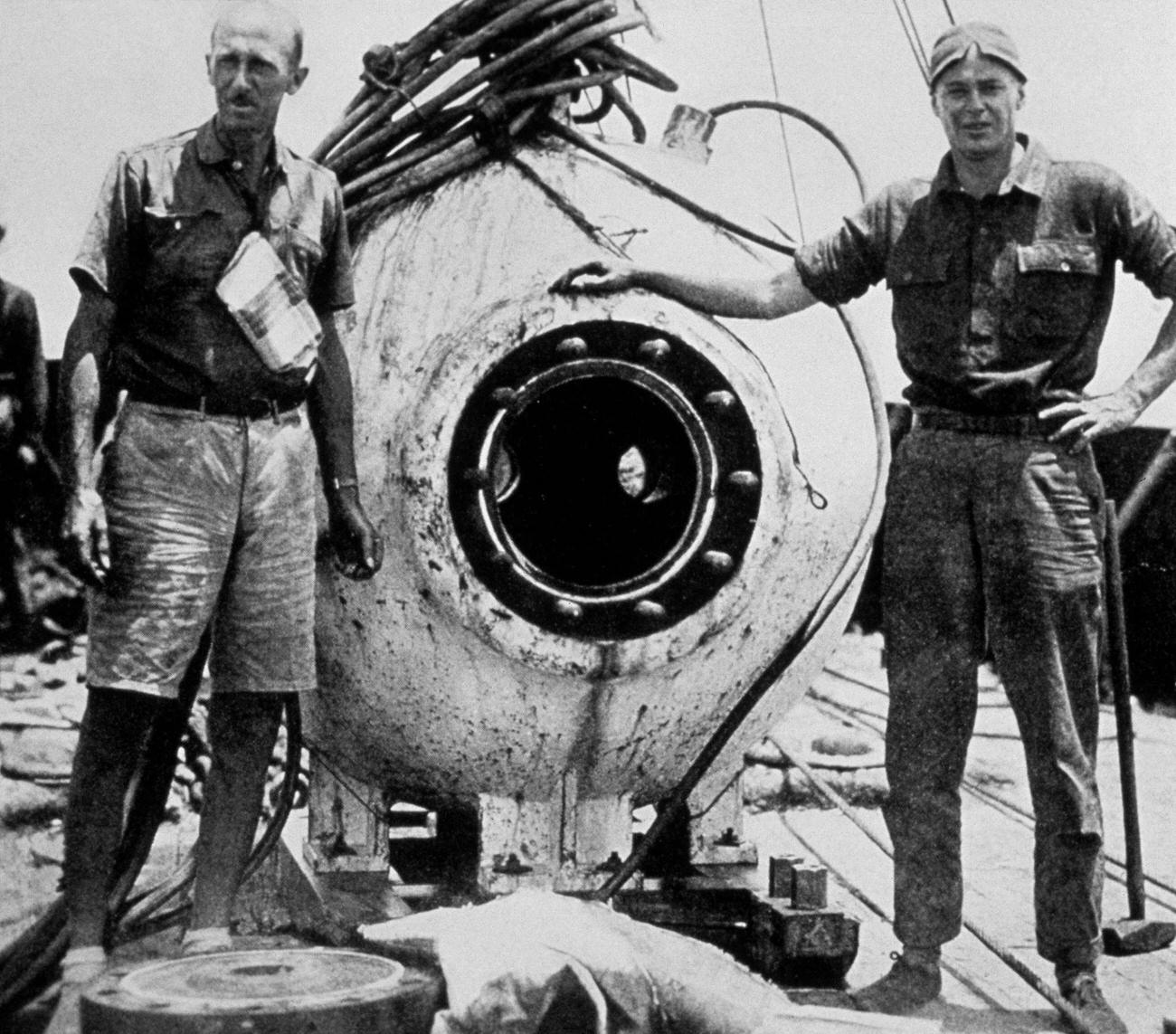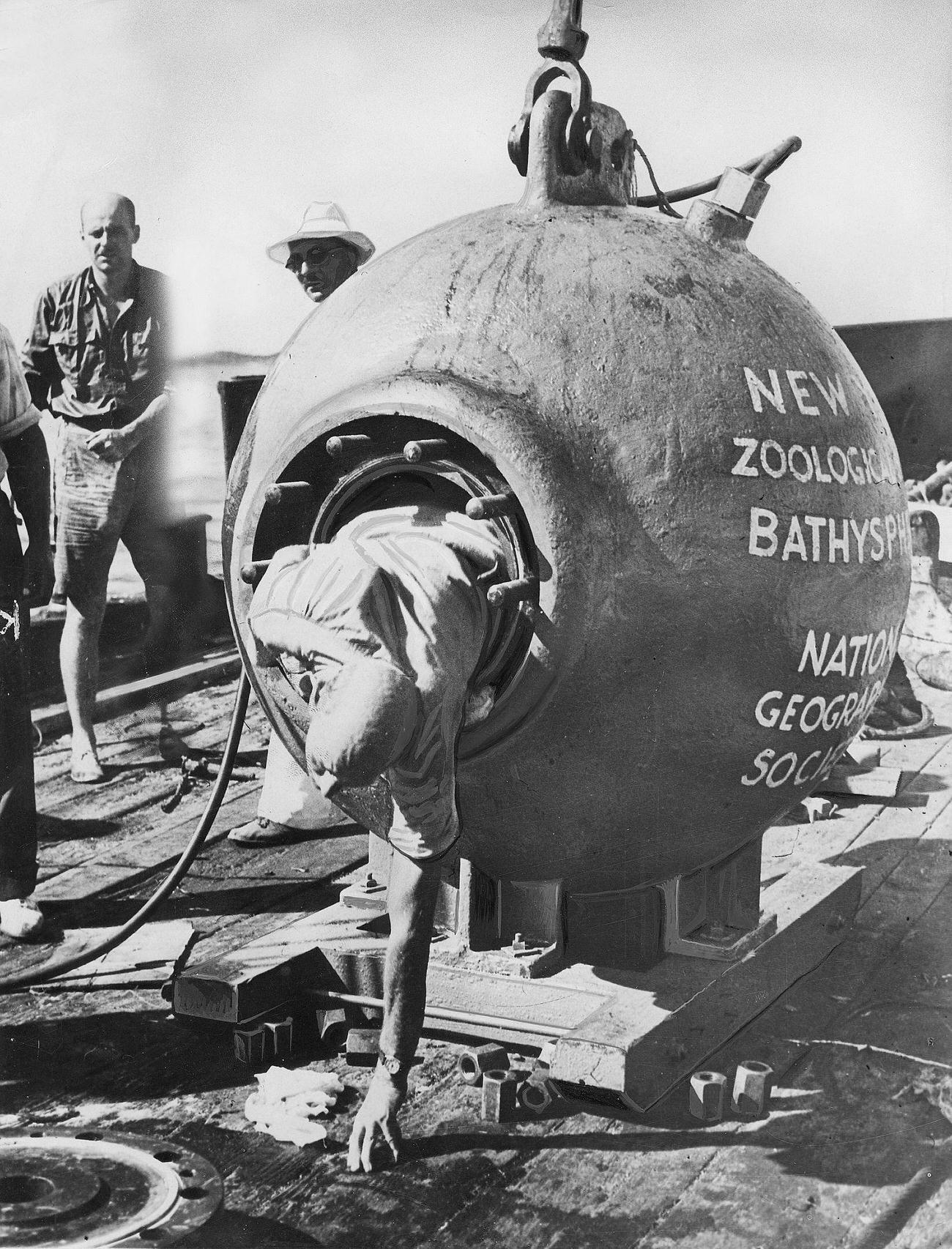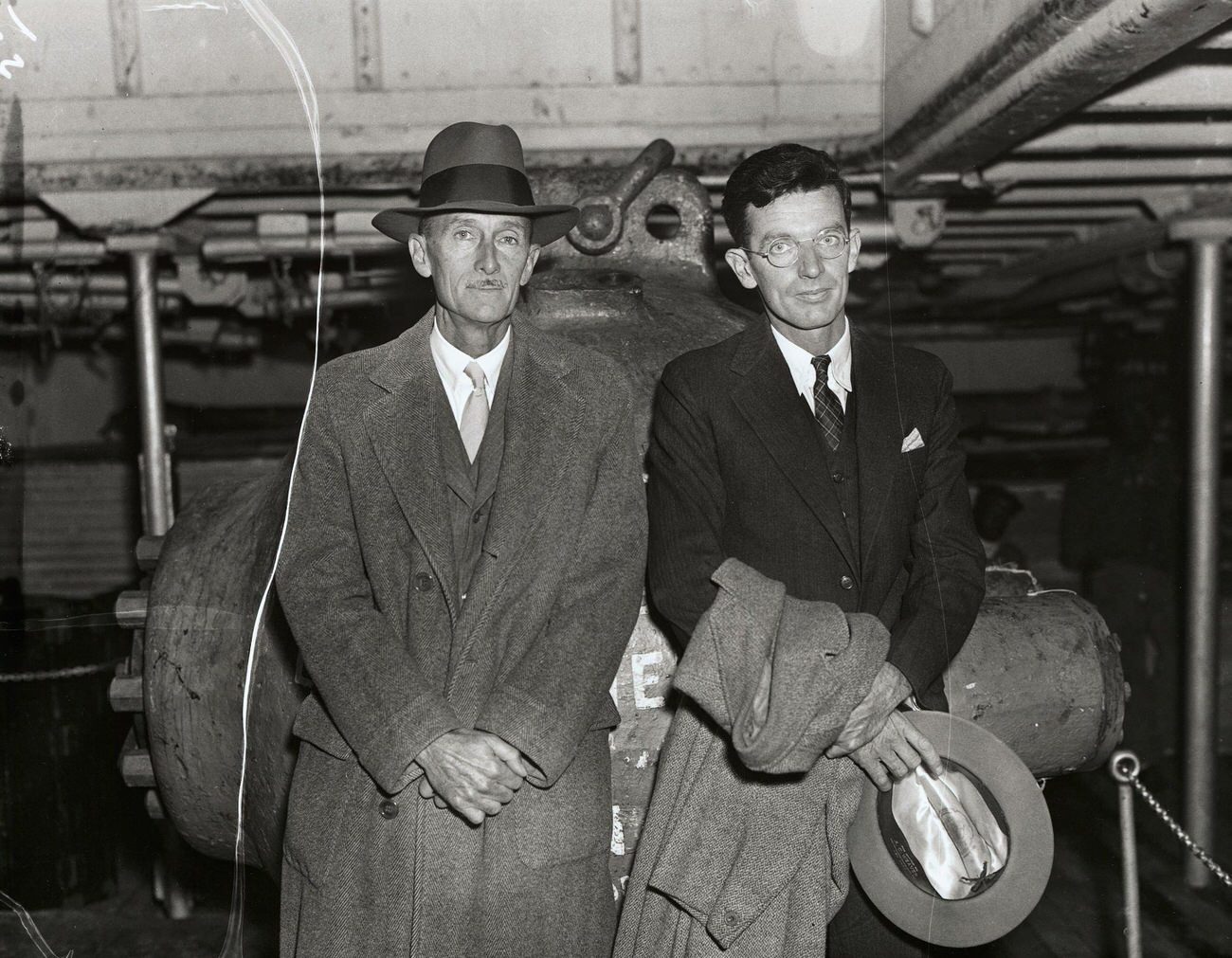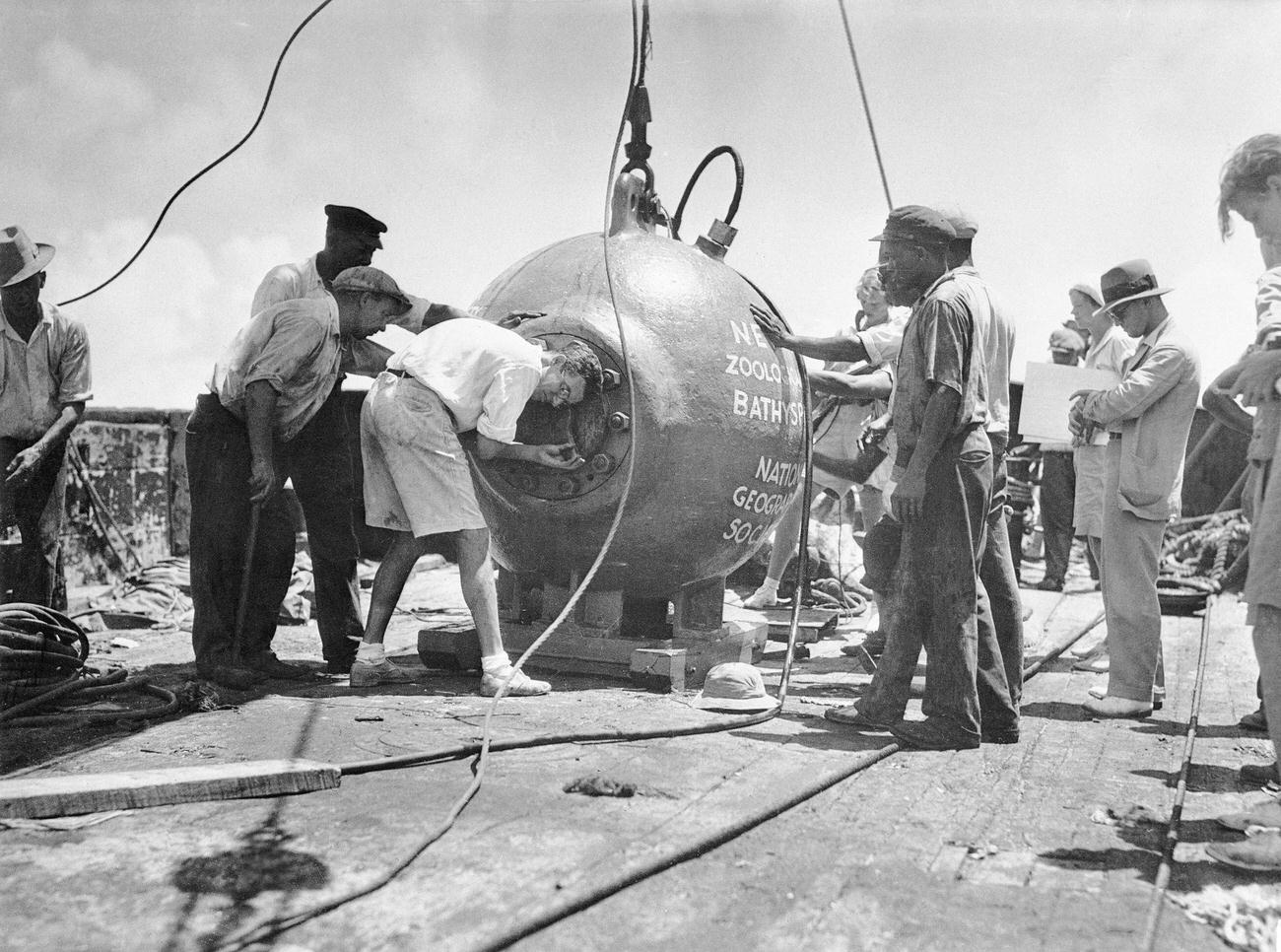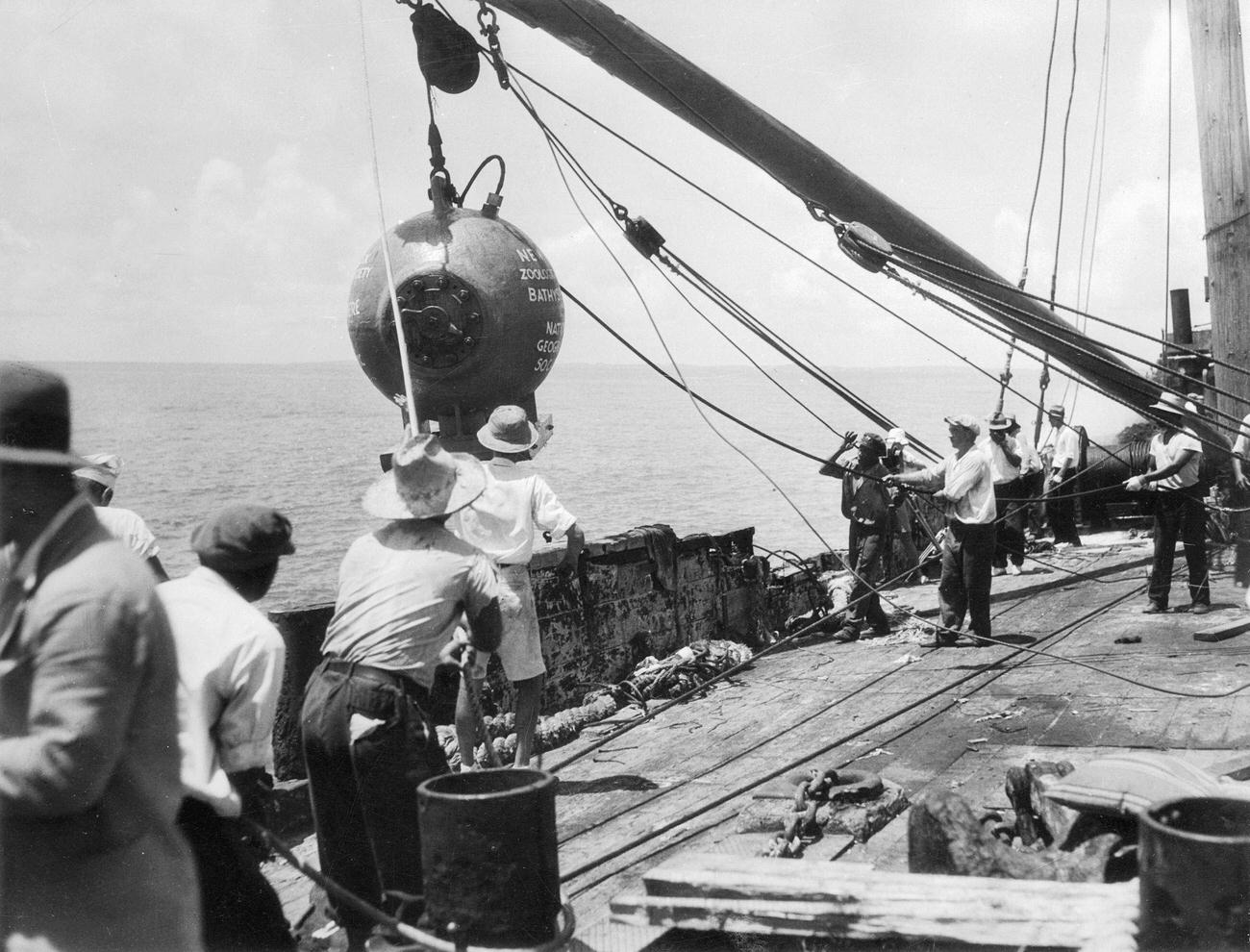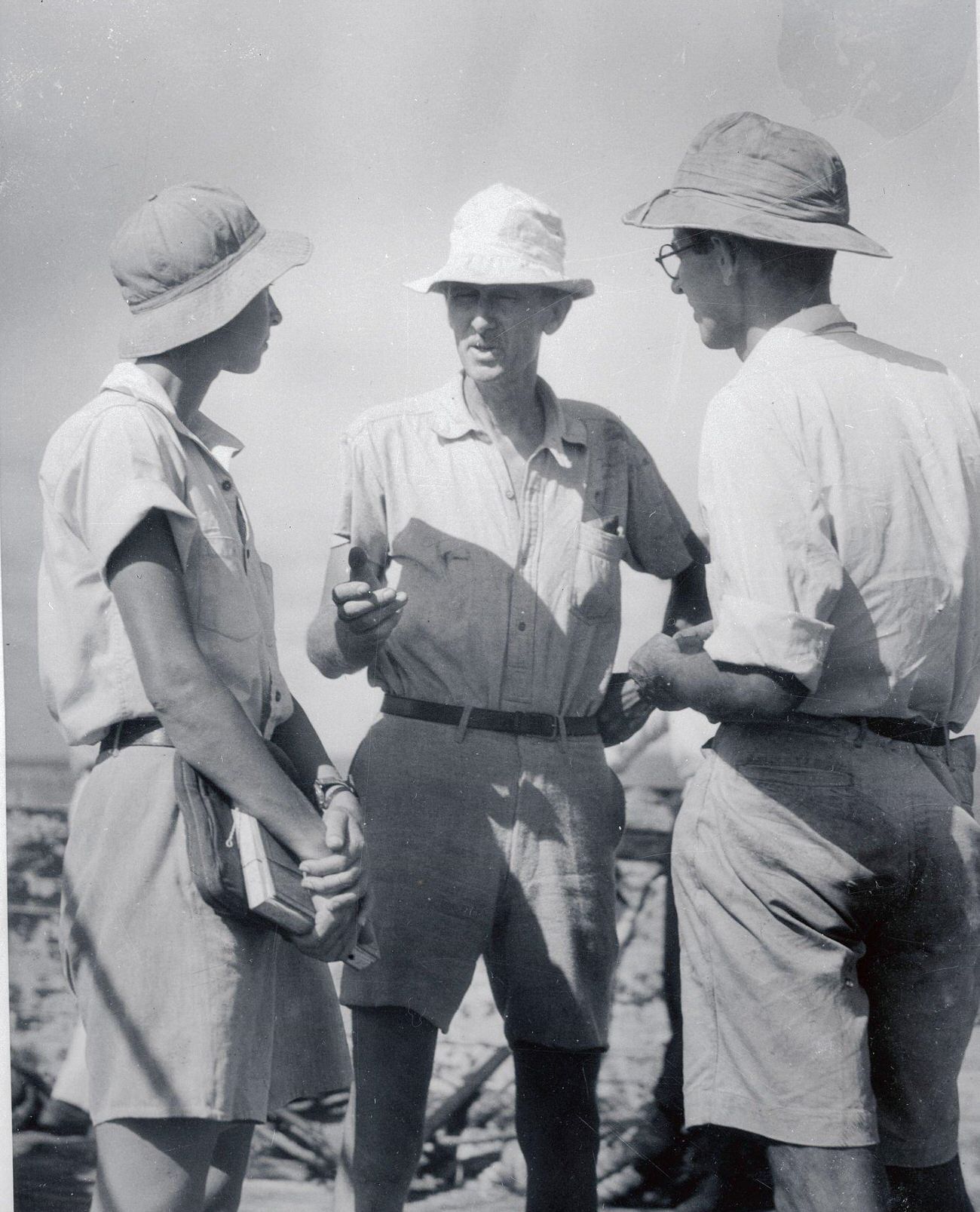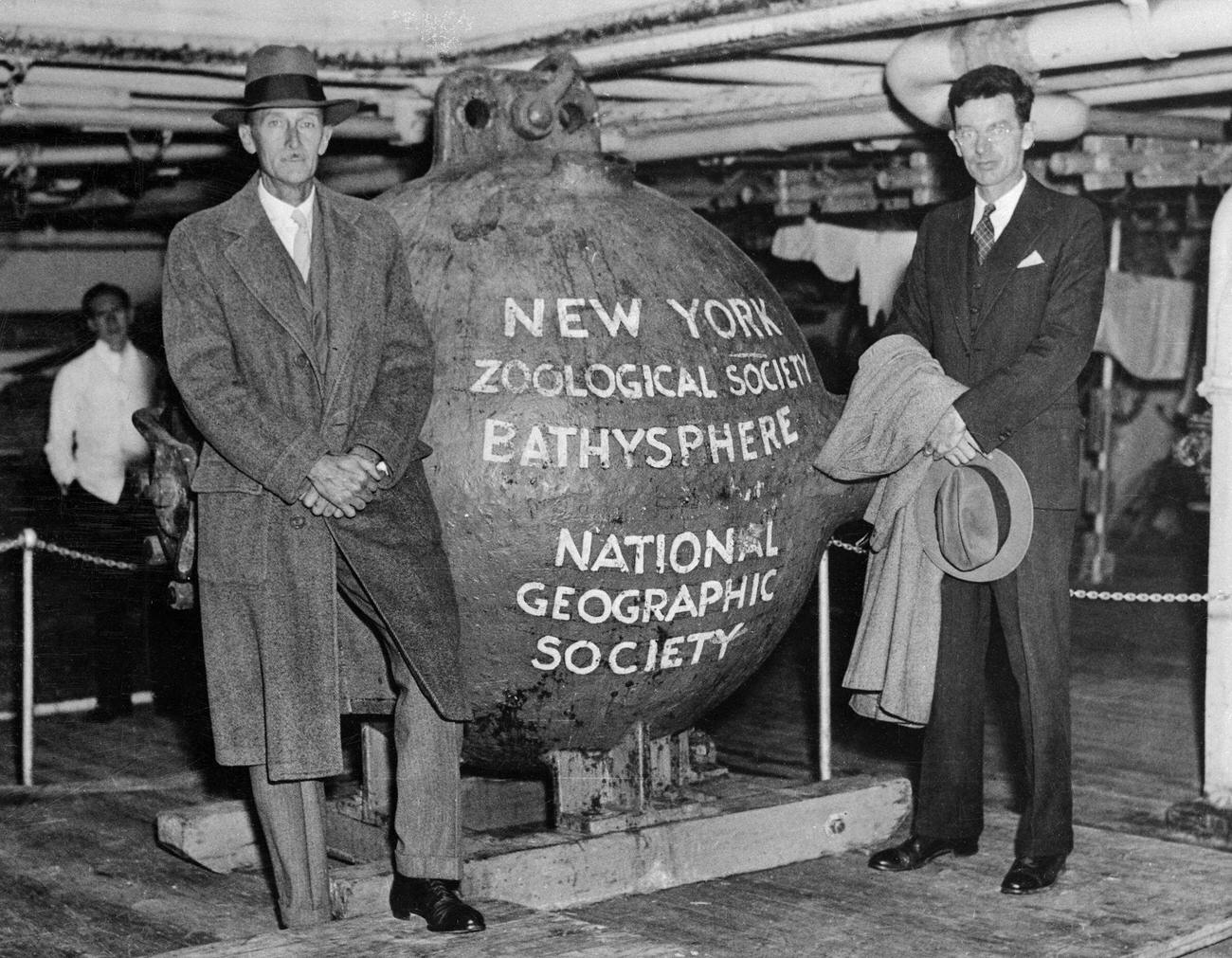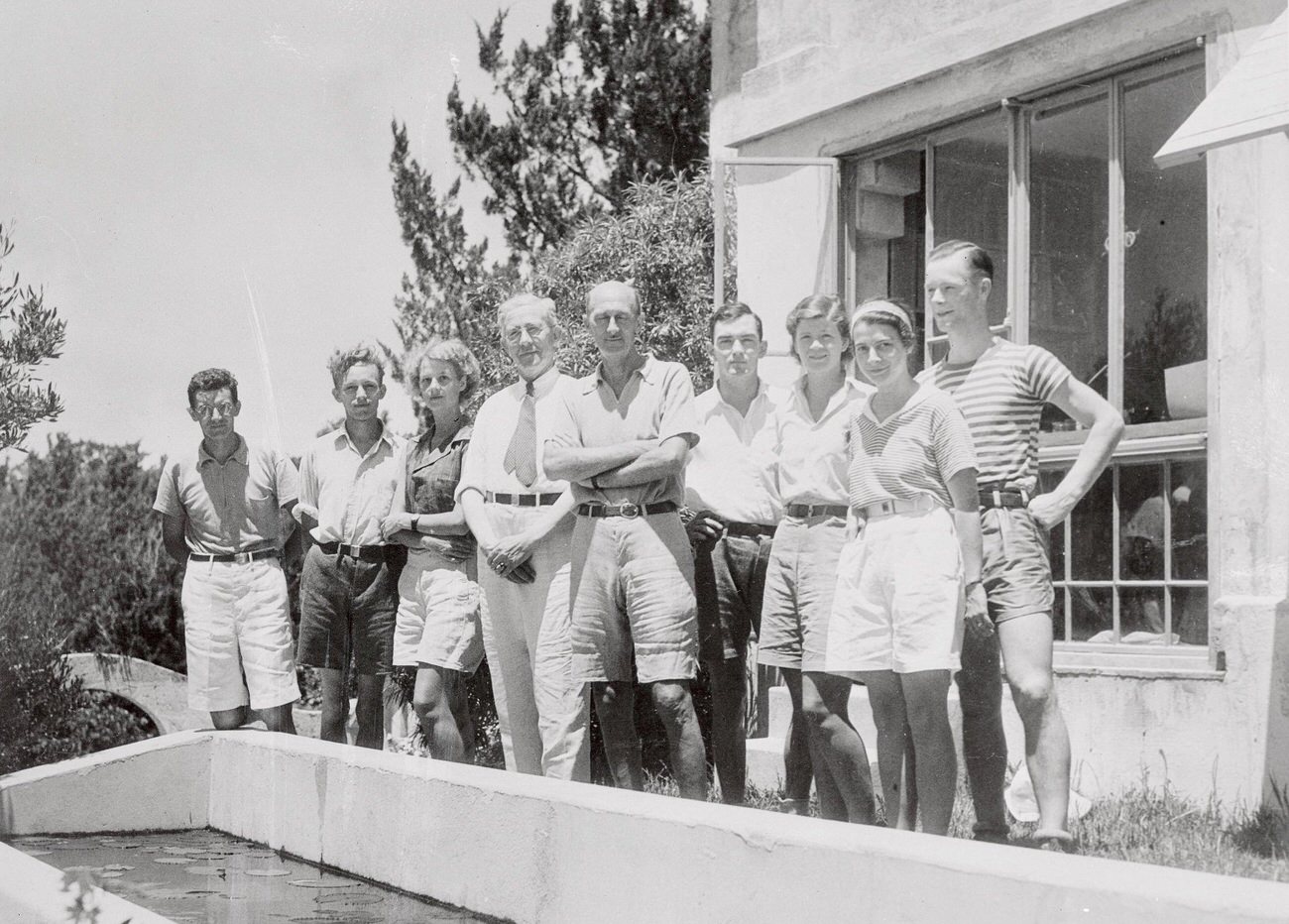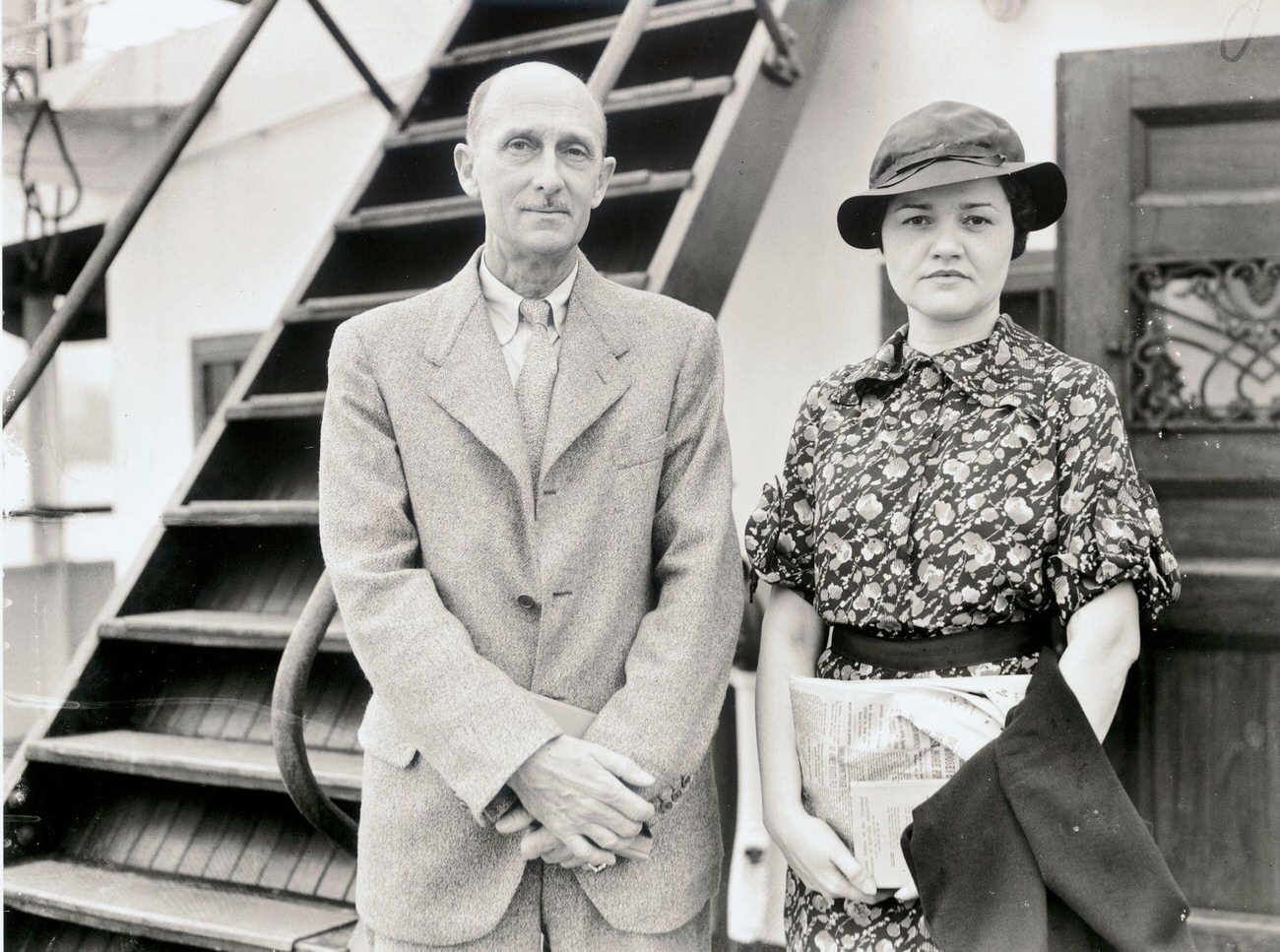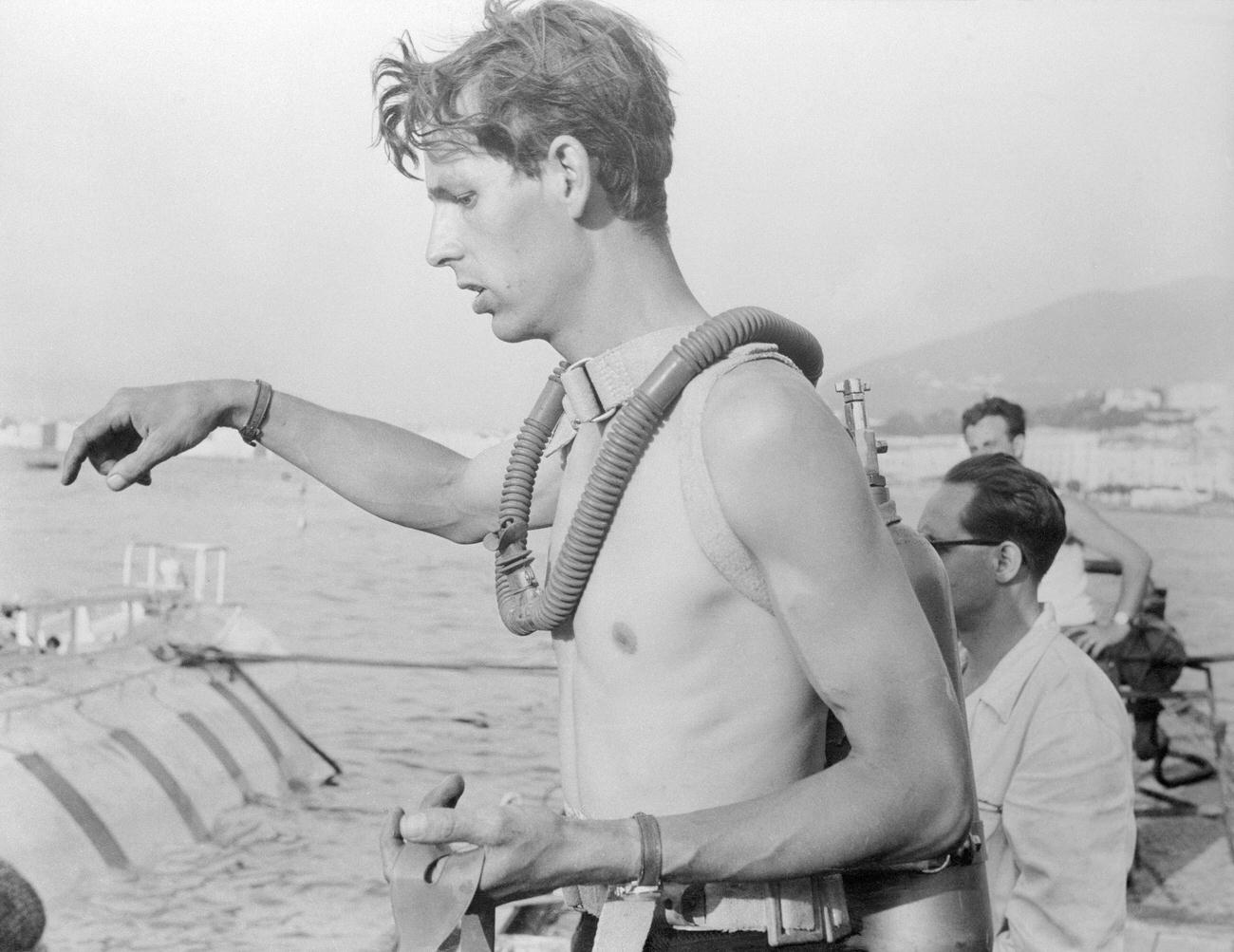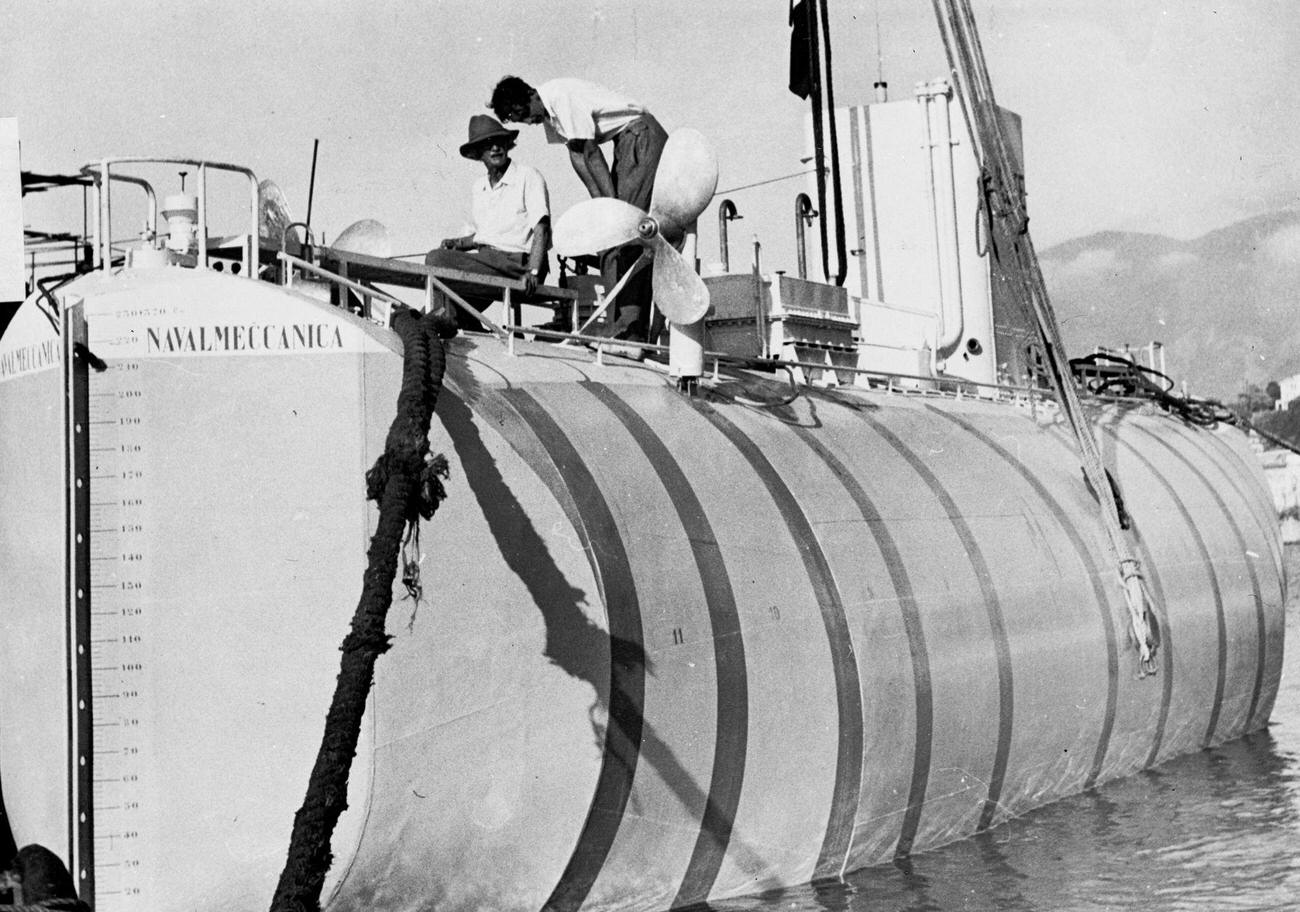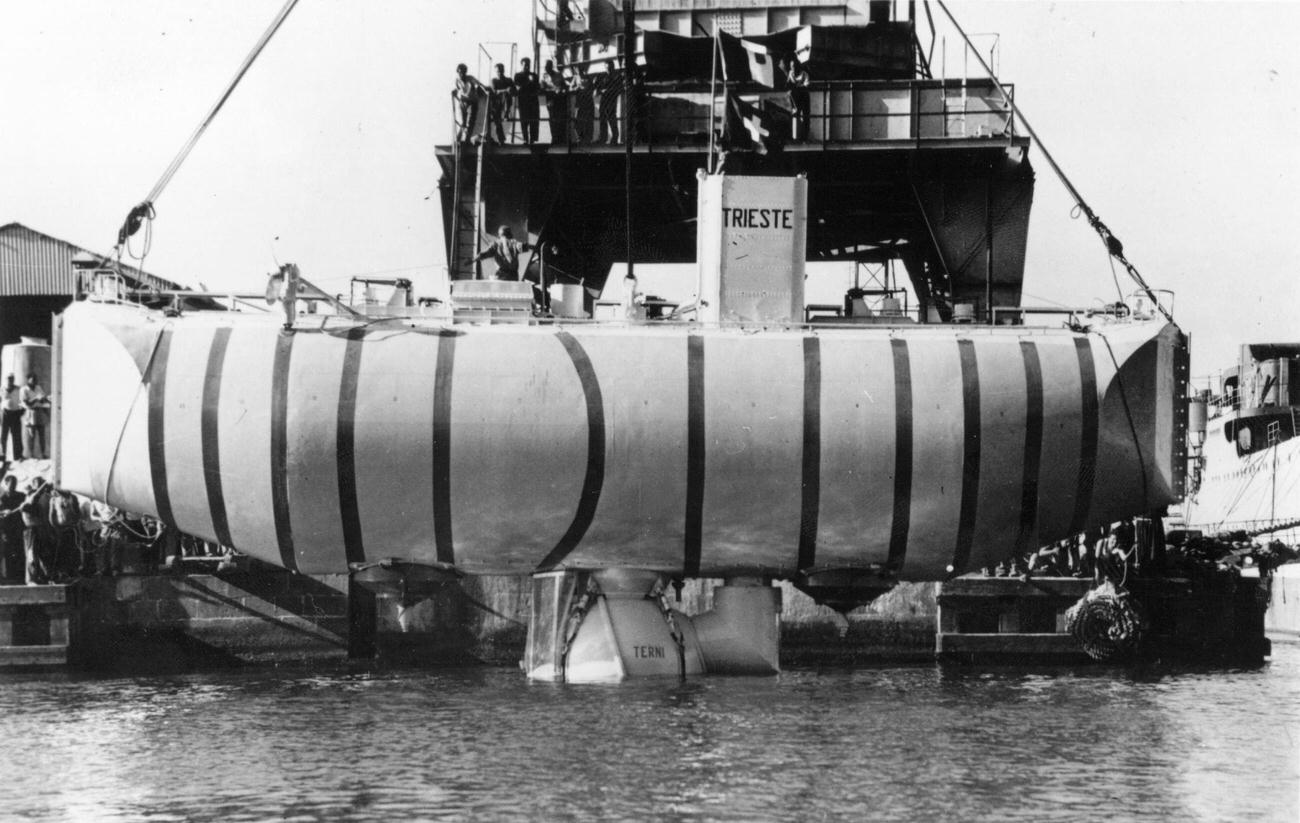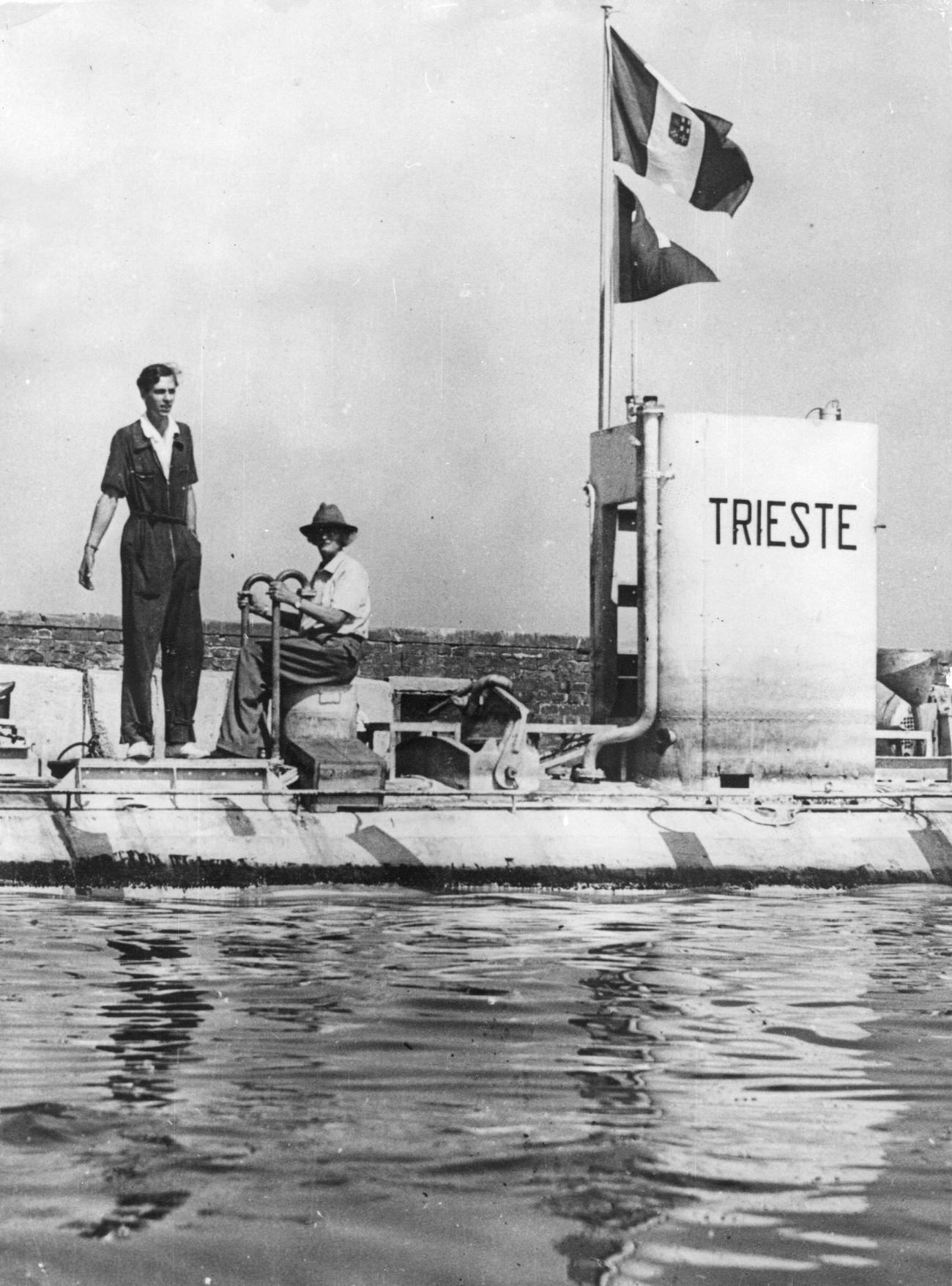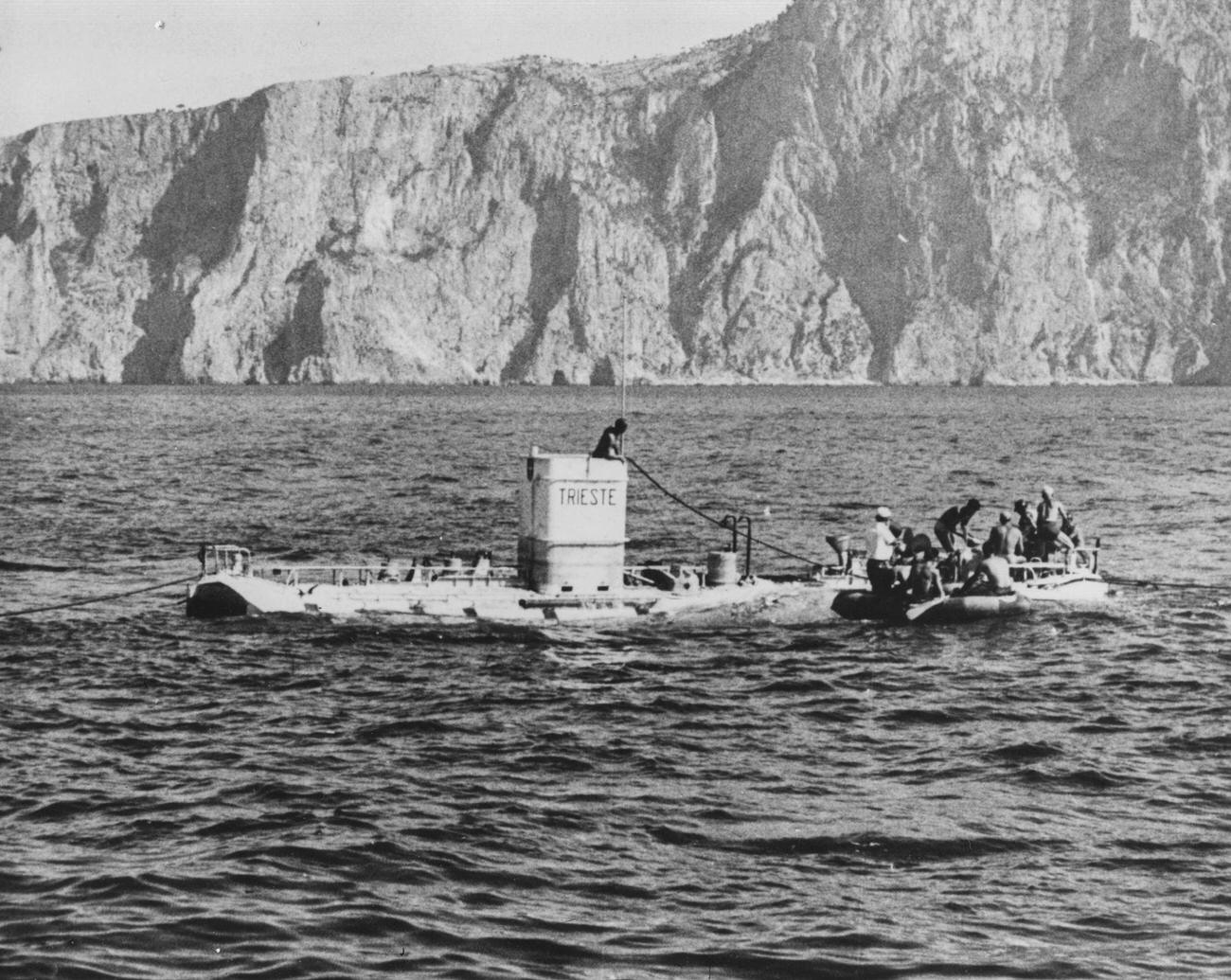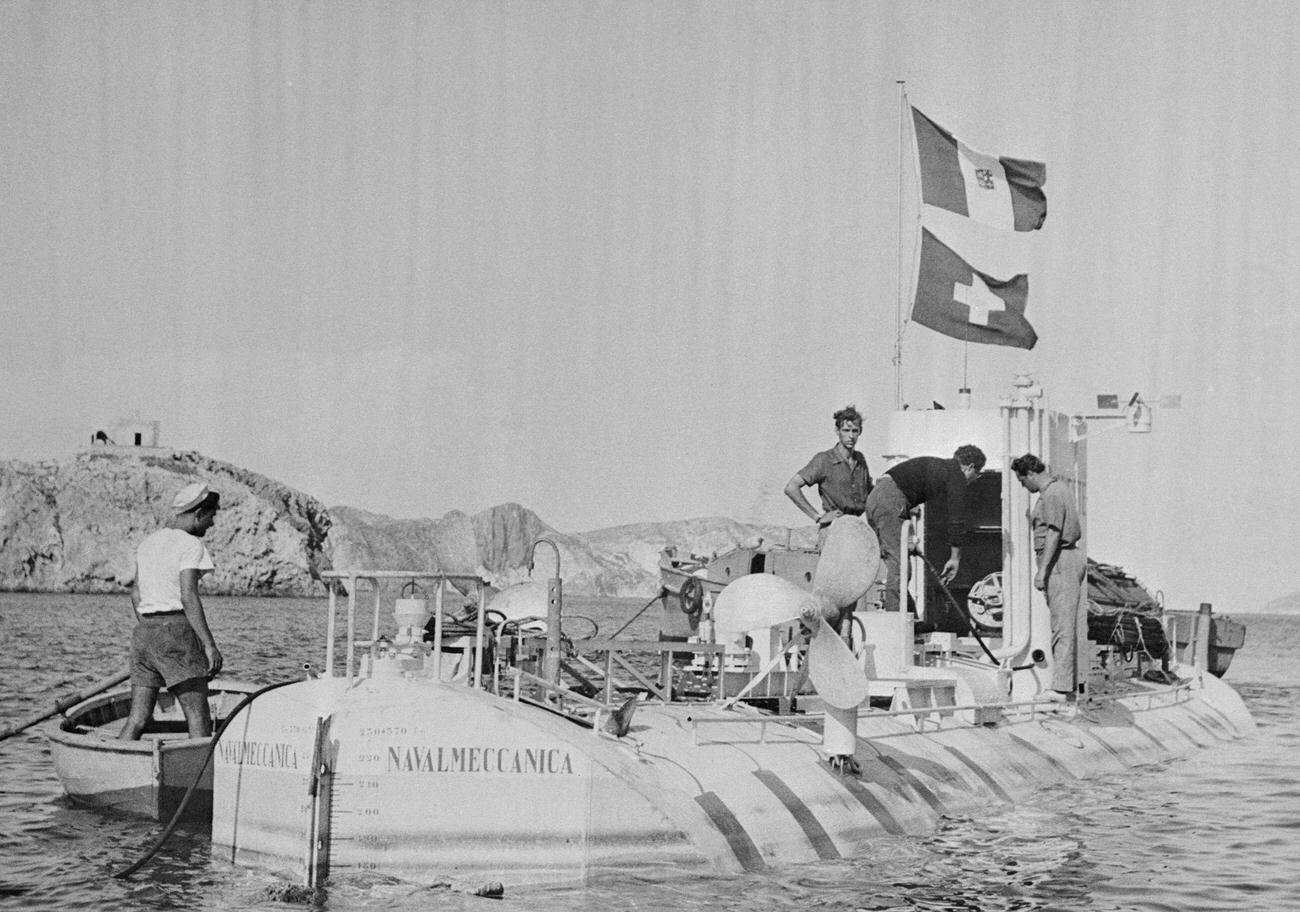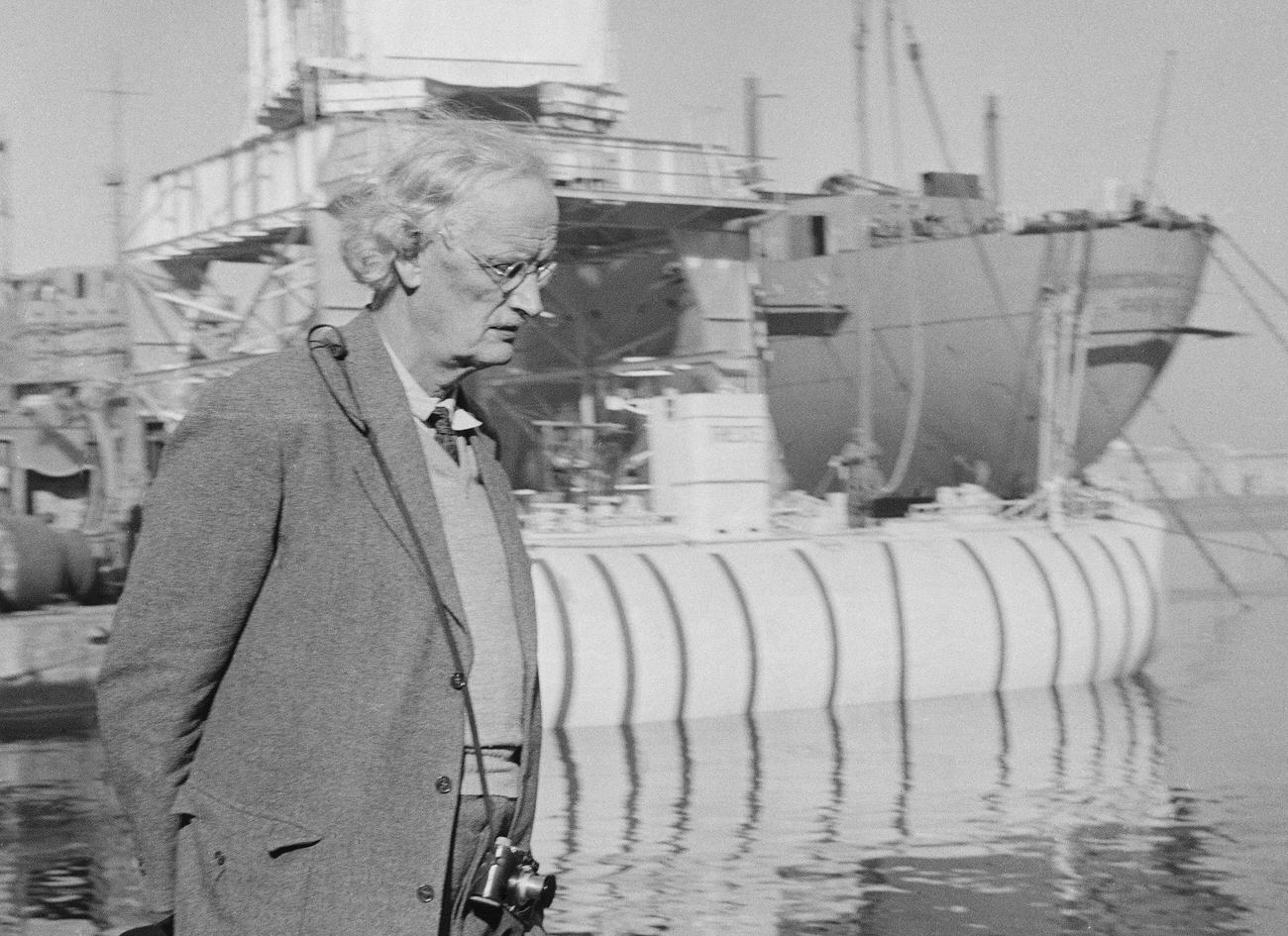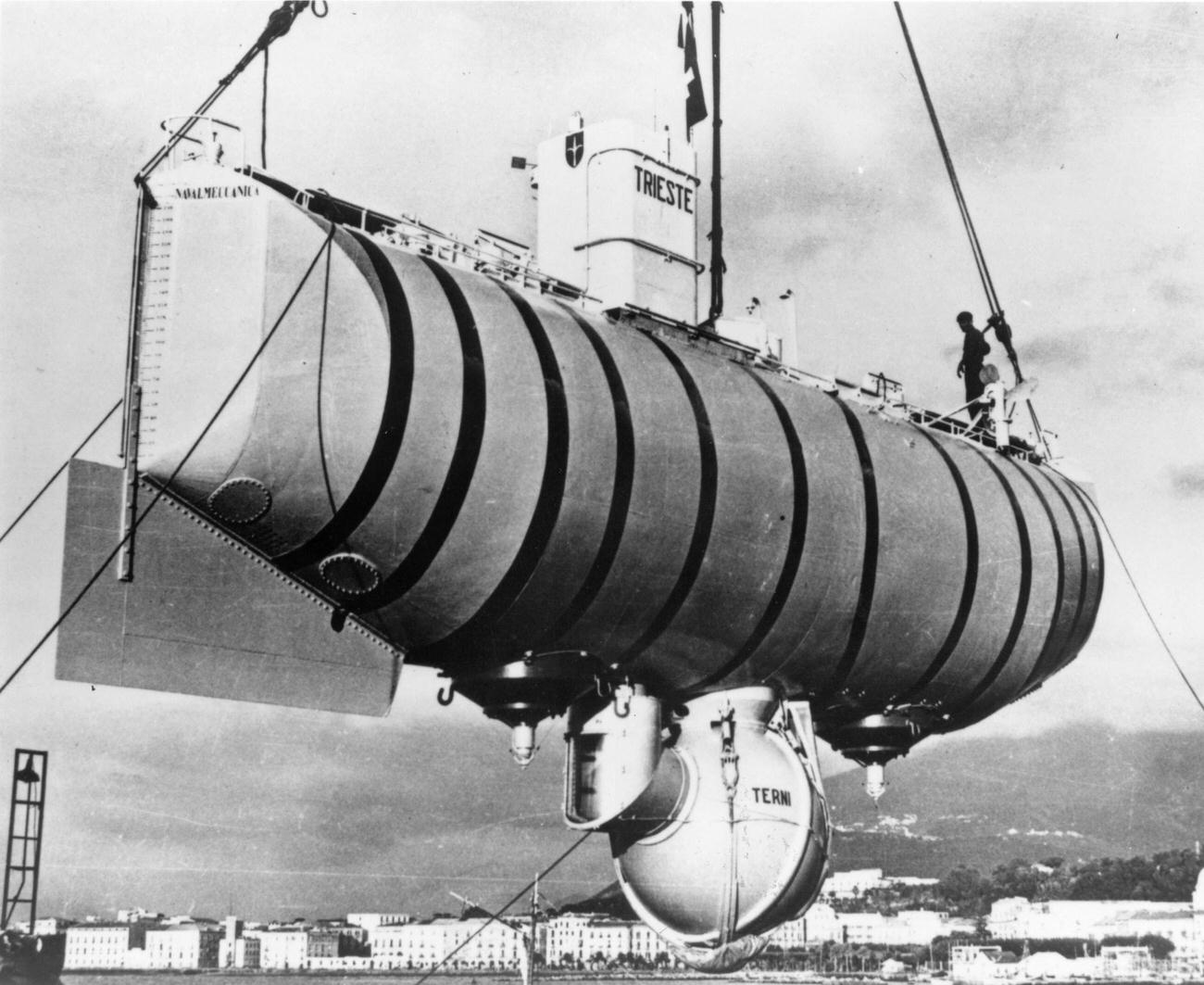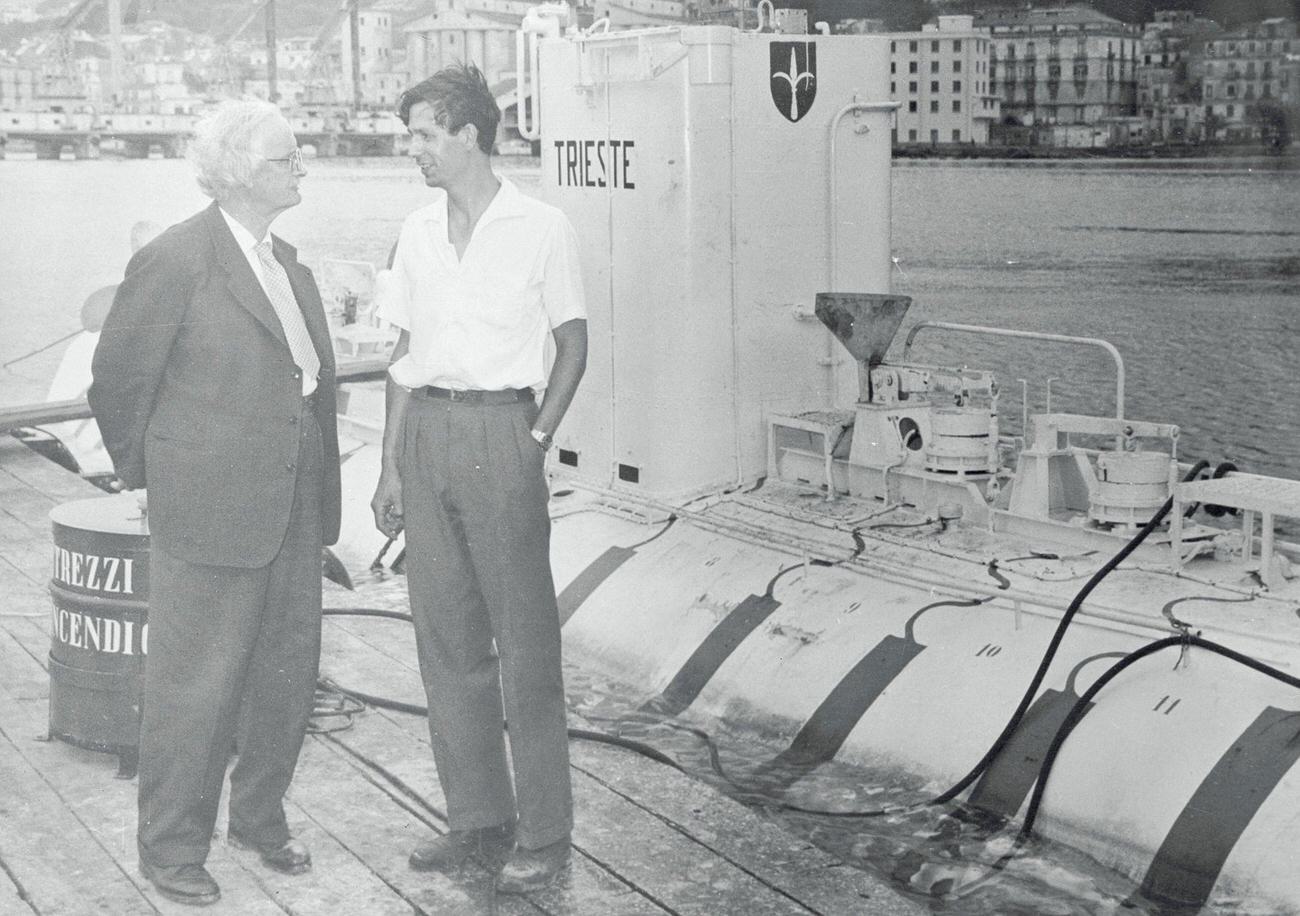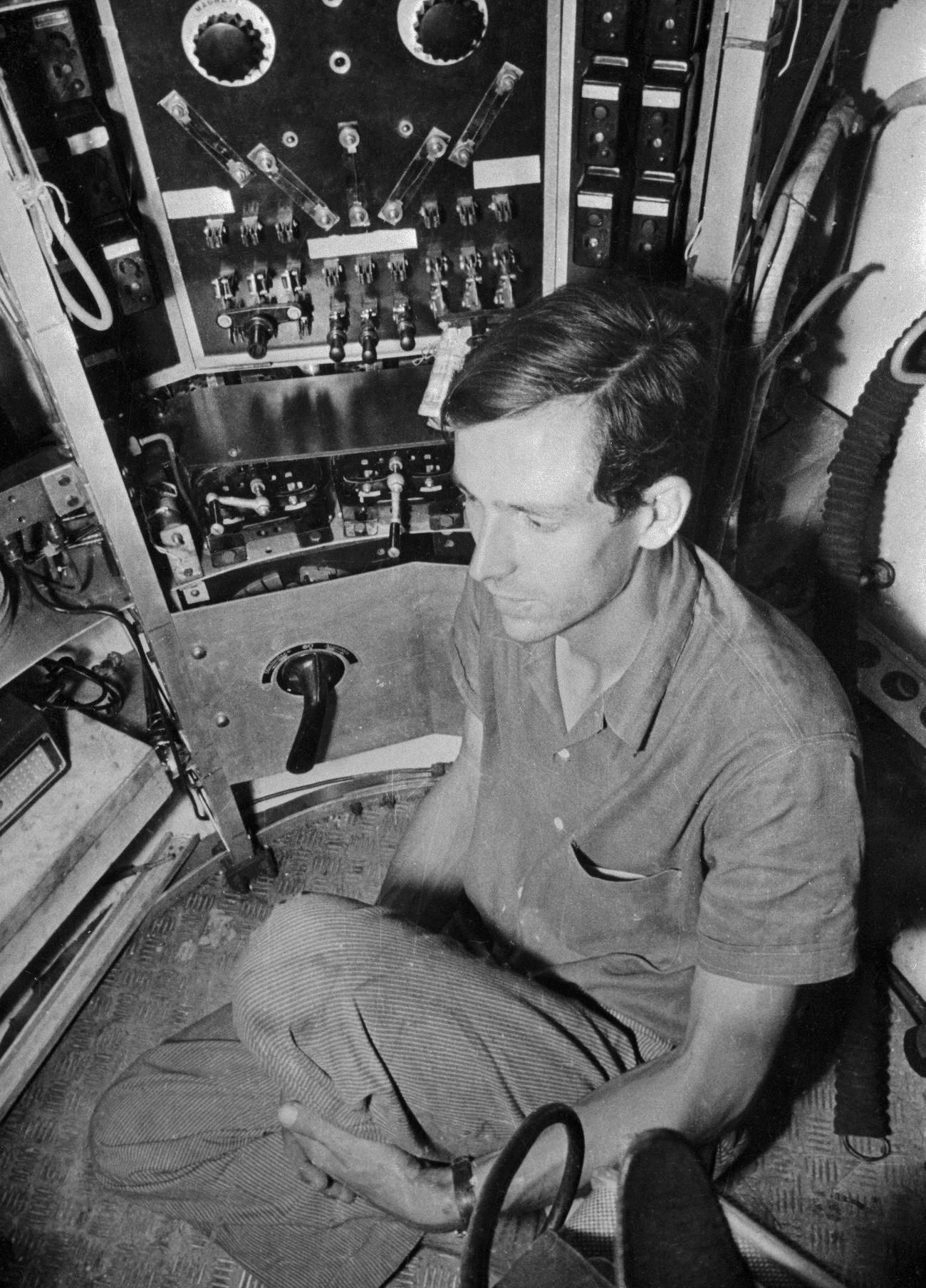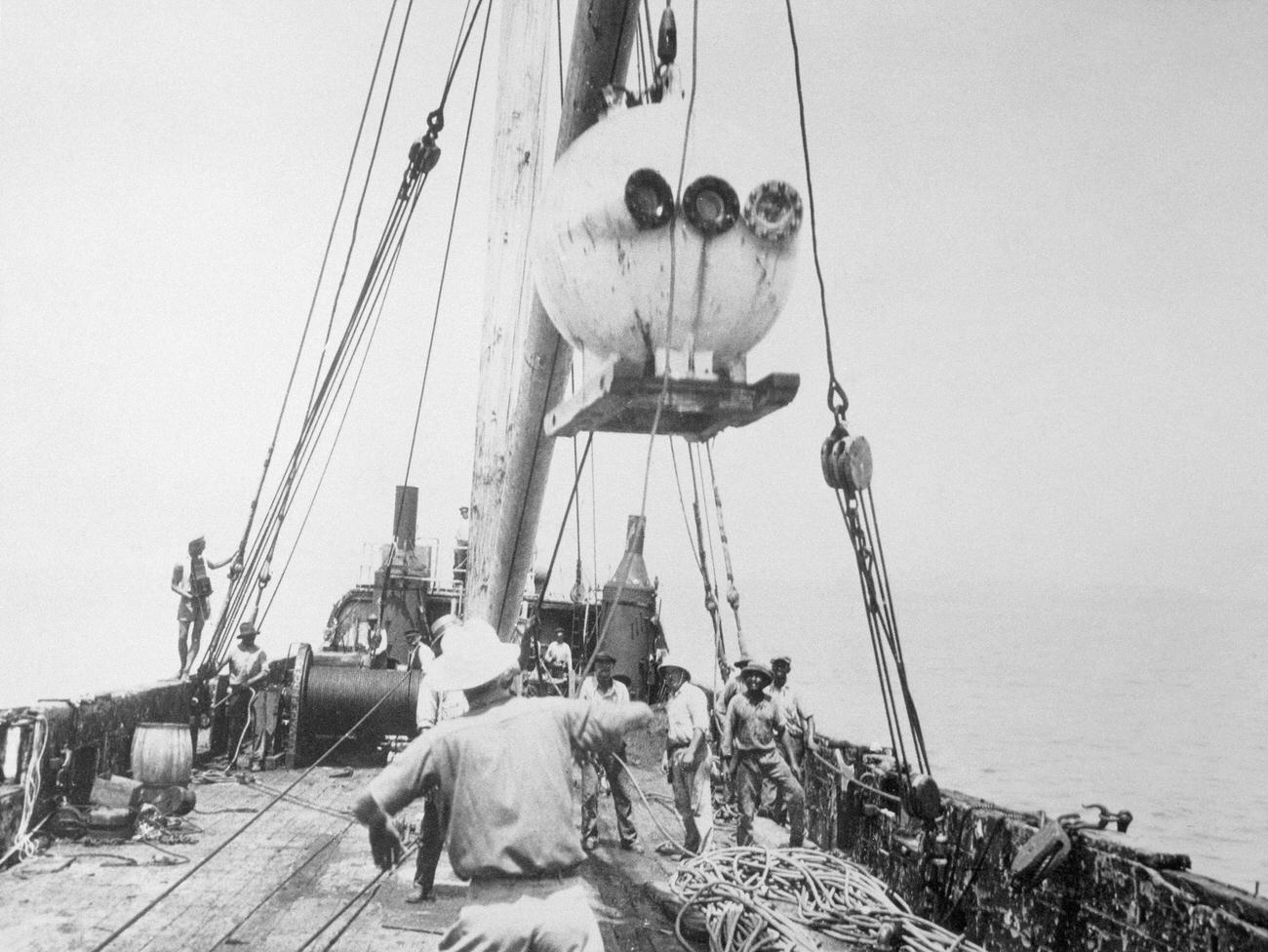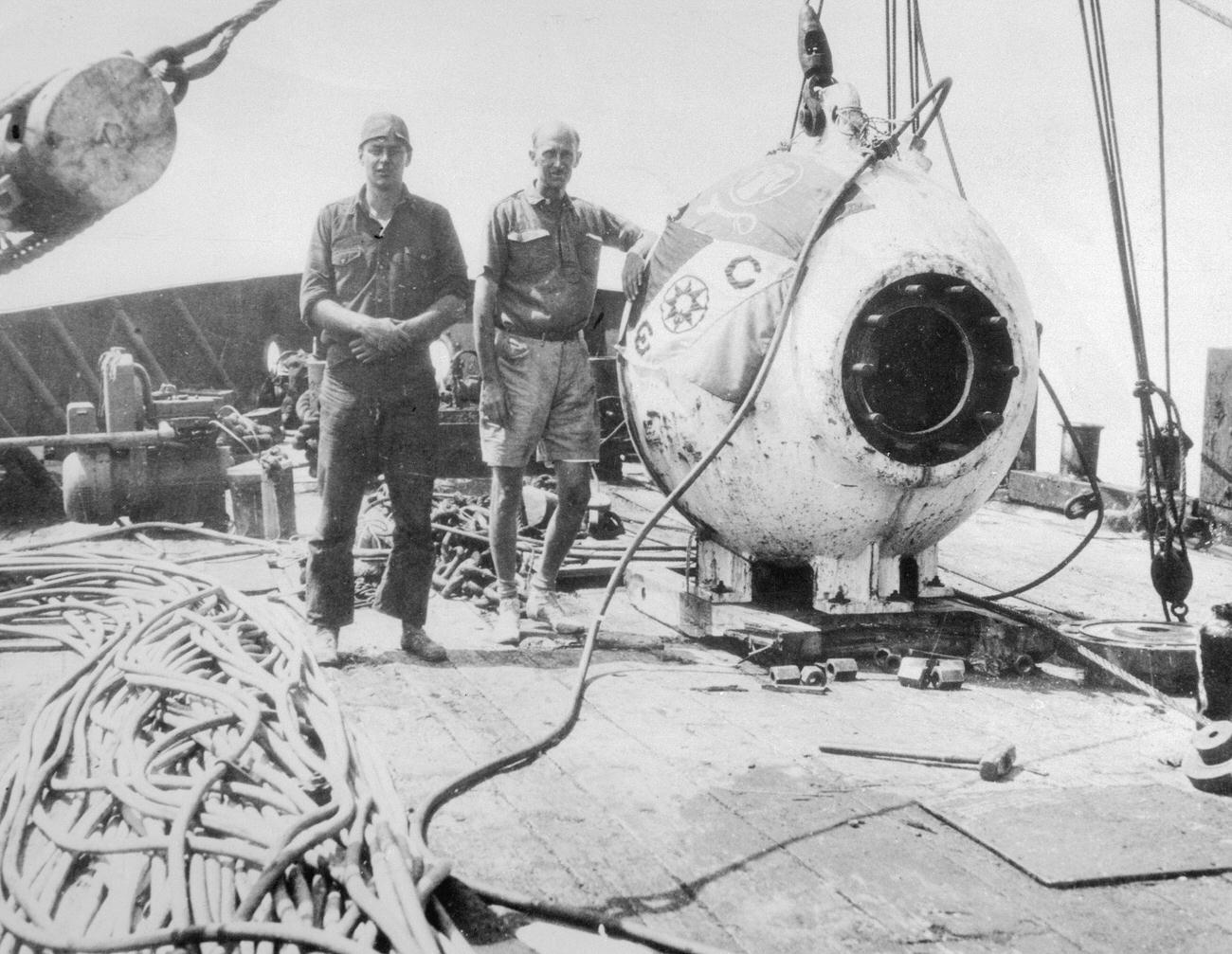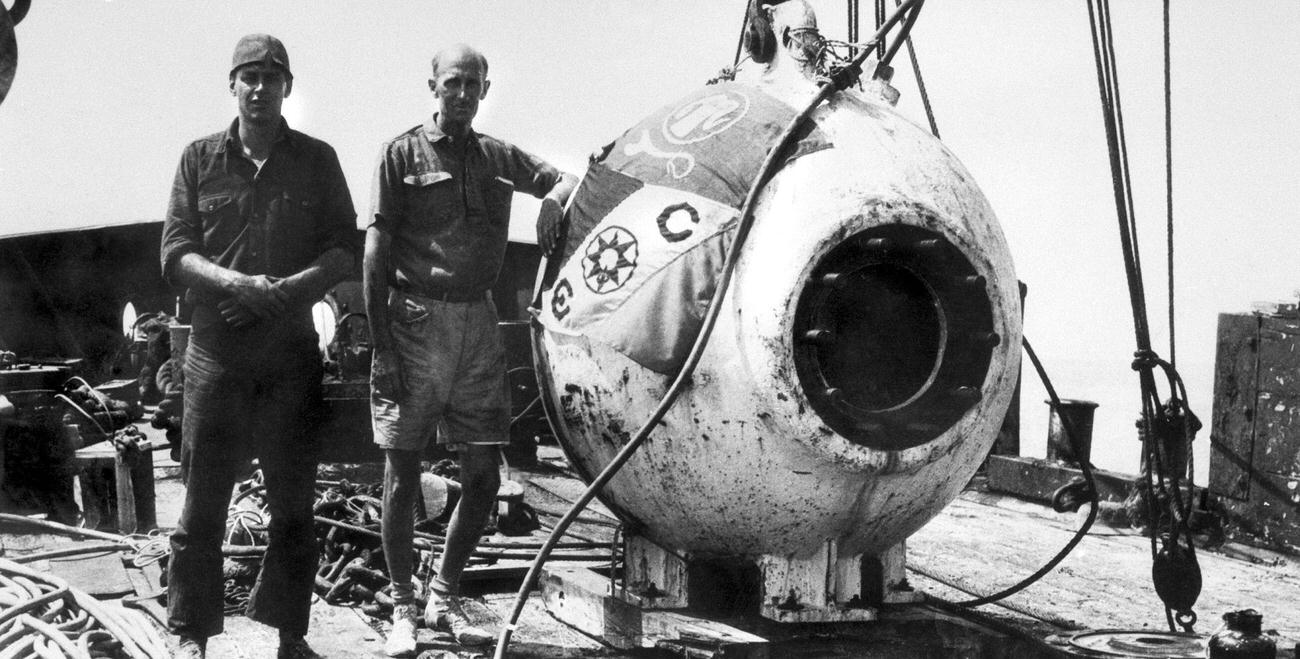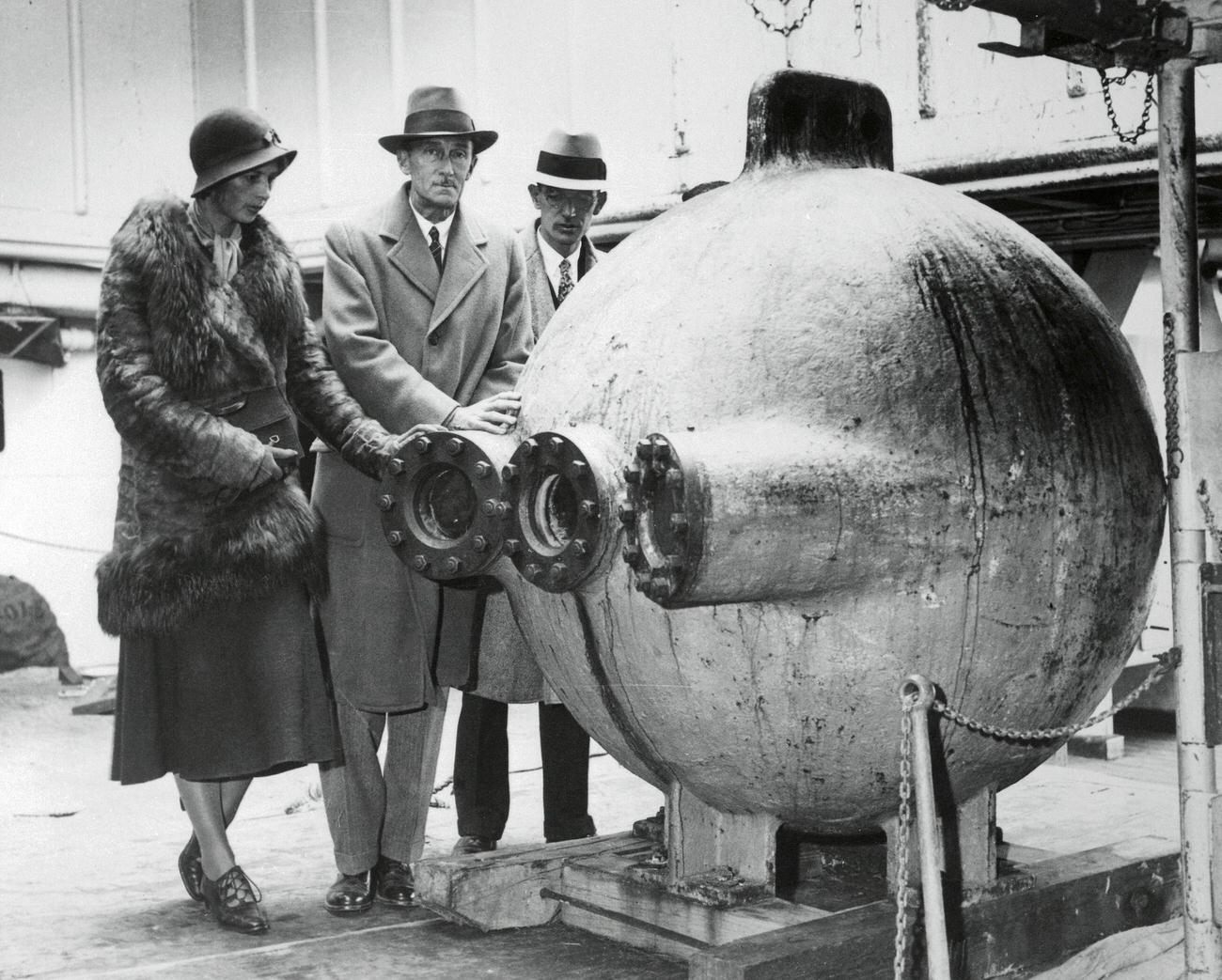Did you know that before we ventured into space, we plunged into the depths of our own planet? In the early 20th century, long before the era of advanced submarines and deep-sea drones, the Bathysphere marked humanity’s first venture into the deep blue mysteries of the ocean. This story isn’t just about a vessel; it’s about human curiosity and the relentless pursuit of the unknown.
The Bathysphere’s Inception
In the 1920s, the ocean’s depths were as mysterious as outer space is today. William Beebe, a naturalist, and Otis Barton, an engineer, dreamt of exploring this uncharted territory. Together, they conceptualized the Bathysphere, a spherical steel vessel designed to withstand the immense pressure of deep-sea exploration. Imagine a steel ball, just 4.5 feet in diameter, with tiny quartz windows, and you’ve got the Bathysphere. Its small portholes, made of thick fused quartz, offered a glimpse into the abyss. The sphere was suspended by a steel cable and had no propulsion system, relying entirely on a ship at the surface for movement and communication. Inside, space was limited, with just enough room for two people and essential equipment, including oxygen tanks and a telephone line for communication.
A Journey into the Abyss
The Bathysphere’s first significant dive occurred in 1930 off the coast of Bermuda. Lowered by a cable from a ship, Beebe and Barton experienced a descent into a world unseen by humans. As they ventured deeper, past 800 feet, the sunlight faded, and they witnessed bioluminescent creatures, like glowing fireworks in a watery sky. Each dive pushed the limits further, with their record dive reaching an astounding depth of 3,028 feet in 1934.
Challenges and Triumphs
The journey wasn’t without its challenges. Communication with the surface was primitive, relying on a telephone line. The sphere had no propulsion system, making it entirely dependent on the surface ship. Oxygen supply was limited, and carbon dioxide removal rudimentary. Yet, the Bathysphere was a triumph of engineering and human daring, a testament to what we can achieve with ingenuity and determination.
Unveiling the Ocean’s Mysteries
The significance of the Bathysphere lies in its role as a pioneering vessel in marine exploration. It opened our eyes to the existence of life in extreme environments, laying the groundwork for future deep-sea exploration. The creatures Beebe and Barton described – like the fangtooth and bioluminescent jellyfish – were almost like aliens from another world.
The Bathysphere’s journeys were not just physical descents into the deep; they were symbolic dives into the unknown realms of our planet. They remind us that exploration is not just about reaching new places but about seeing our world with new eyes. Bathysphere itself is now a relic of the past, displayed at the New York Aquarium, its legacy lives on. It inspired future generations of deep-sea exploration vessels and submersibles, like the famous Alvin, which explored the Titanic wreck.


